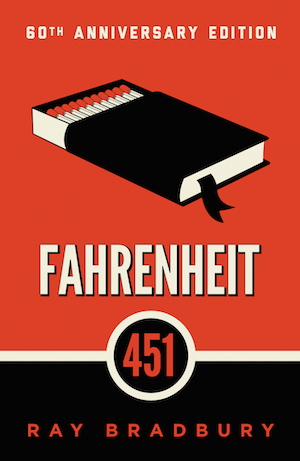Publication: November 1, 2005, by McClelland and Stewart
Genre: Non-Fiction, History
Format: Hardcover
Source: Borrowed
Rating:



Just weeks after World War II had ended, a young cipher clerk named Igor Gouzenko walked out of the Soviet Embassy in Ottawa with secret papers stuffed under his shirt and headed straight for the offices of a city newspaper. His action would change the course of the twentieth century.
Gouzenko’s defection sent shockwaves through Washington, London, Moscow, and Ottawa. It was the first from a Soviet Embassy, and the smuggled documents, which suggested that agents in North America were feeding atomic secrets to Moscow, sparked a witch-hunt for spies, including not only Americans and Canadians, but a leading British nuclear scientist, Allan Nunn May.
FBI chief J. Edgar Hoover used Gouzenko’s defection to demonize the Soviets and discredit the leftists in President Harry Truman’s White House. All he had needed to push his agenda was evidence of spying, and Gouzenko delivered the goods. The FBI and the House Un-American Activities Committee used Gouzenko’s revelations to go after Alger Hiss, Harry Dexter White, and many others. And all the while, infamous MI-5 double-agent Kim Philby kept his Soviet masters apprised. The Cold War had truly begun.
In this first book to tell the Gouzenko story, Amy Knight uses newly declassified files as well as interviews with several of the key players to examine the substance of Gouzenko’s revelations and delve into his hidden motives for defecting. She explains how Gouzenko was really a pawn in a much larger game. And she brilliantly connects these events to the hardening of relations between Moscow and the West, the practice of guilt by association, and the end of the movement for international control of the atomic bomb.
My Thoughts:
I am telling you that I did not plan to read this book. I really wasn't interested in those boring American history books about subject matters that could be explained much better. BUT. (There's a but!) I needed to read this for a research essay for school about Igor Gouzenko and how he basically affected society politically and socially/culturally. This was the only book available about the Gouzenko Affair and to be honest, it wasn't too terrible. I based much of my research paper on this book and everything that Amy Knight highlighted. How the Cold War Began was an interesting novel that provided me with the just the right amount of information that I could base my paper on. I was able to learn more about the other Soviet spies who had similar jobs to Gouzenko, and I was able to also learn about how Gouzenko achieved the courage to defect and announce his role.
This was difficult to read, and that was a major flaw for me. I ended up skimming some parts because I felt that some chapters were not relevant for my paper. This is not the ordinary kind of book I would pick up and read, so I decided that I would only bookmark the important parts. On a road trip back home from the lovely New Orleans, I picked this one up and spent my two-day journey reading it, sticky-tabbing it, you name it. I would honestly prefer to read a contemporary-romance, but it was pretty enjoyable since I chose the subject matter.
Would I recommend this? Sure. If you are an avid history reader/lover who wants to learn more about the initial moments of the Cold War and how Russia, the United States and Canada played a role, go for this. It truly is quite interesting.
How the Cold War Began was the perfect book to read for the purpose of what I was writing about at the time. I wasn't 100% interested in the writing at all times, but that's history for me (and most people).

This was difficult to read, and that was a major flaw for me. I ended up skimming some parts because I felt that some chapters were not relevant for my paper. This is not the ordinary kind of book I would pick up and read, so I decided that I would only bookmark the important parts. On a road trip back home from the lovely New Orleans, I picked this one up and spent my two-day journey reading it, sticky-tabbing it, you name it. I would honestly prefer to read a contemporary-romance, but it was pretty enjoyable since I chose the subject matter.
Would I recommend this? Sure. If you are an avid history reader/lover who wants to learn more about the initial moments of the Cold War and how Russia, the United States and Canada played a role, go for this. It truly is quite interesting.
How the Cold War Began was the perfect book to read for the purpose of what I was writing about at the time. I wasn't 100% interested in the writing at all times, but that's history for me (and most people).
What is an actual GOOD history novel? What subject matter should I begin with?















